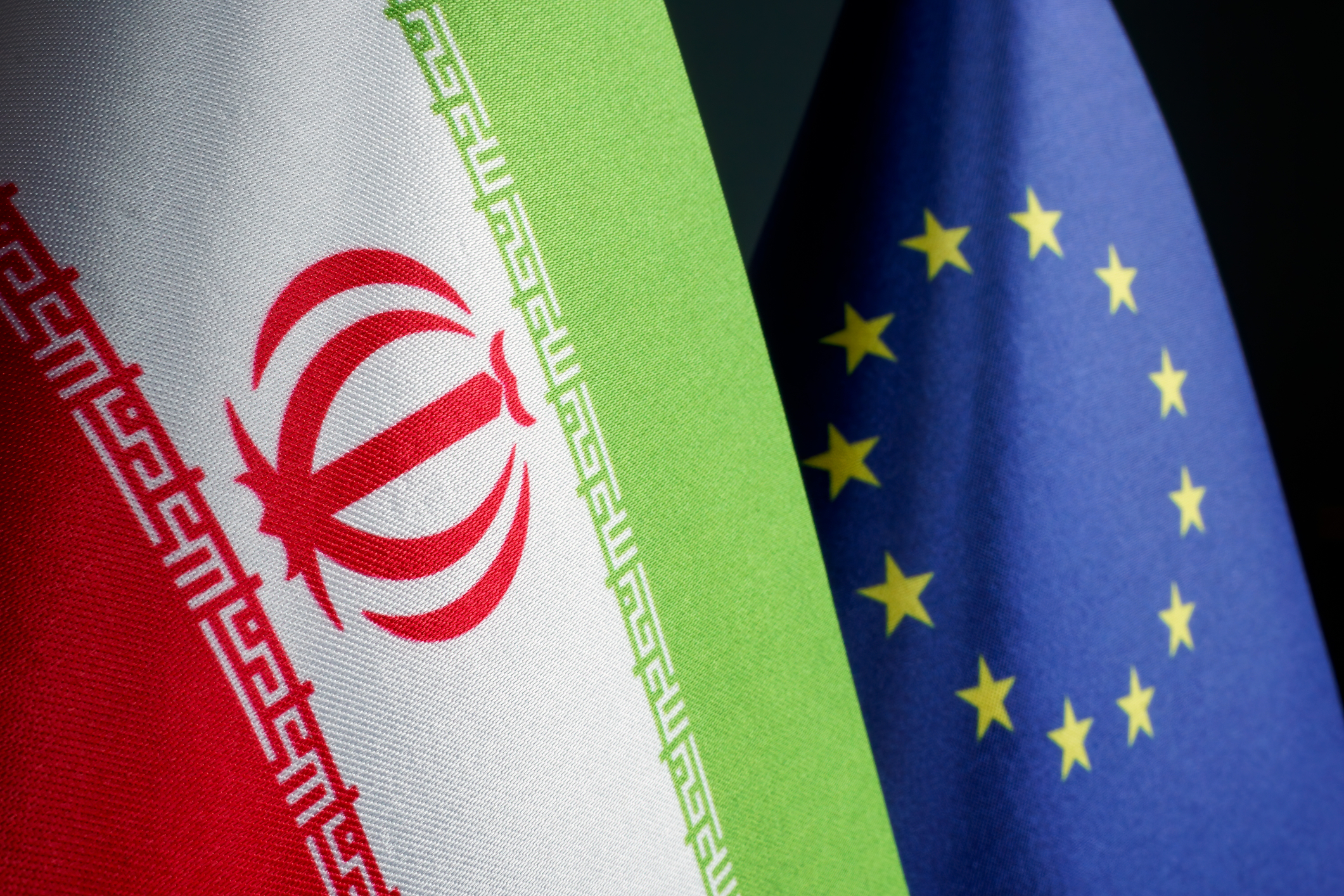Iran was hit with so-called snapback sanctions on Sunday local time over its nuclear programme at a time of high tension in the Middle East. The UN reimposed all nuclear-related UN sanctions and restrictions against Iran early Sunday that had been terminated under the UN Security Council Resolution 2231, which endorsed the joint comprehensive plan of action (JCPoA).
The UN Security Council has voted down an effort by China and Russia to extend sanctions relief to Iran for six months under the nuclear deal formally known as the joint comprehensive plan of action.
The so-called “snapback” mechanism remains in force which will see sanctions reimposed on Tehran, following the termination of the JCPoA.
The rejection means that sanctions that were lifted under the deal will be re-imposed starting on Saturday evening.
The development comes a month after three European countries that signed the agreement, France, Germany and the United Kingdom notified the Council about what they described as Iran’s “significant non-performance” and violations, thus triggering the so-called “snapback mechanism”.
France, Germany and the UK (E3) notified the UNSC on August 28 of “Iran’s significant non-compliance of its commitments under the JCPoA.”
The EU High Representative, Kaja Kallas said in a statement on Sunday that the UN “re-imposed all nuclear-related UN sanctions and restrictions against Iran” that had been terminated, accusing Tehran of failing to fulfill its commitments.
“I have, together with the E3 and many international partners, had intensive diplomatic efforts with Iran ahead and during the 30-day timeframe foreseen in the snap back process which unfortunately did not result in creating the conditions for a possible extension of the UNSCR 2231. Consequently, the European Union will now proceed to implement the re-imposition of all previously lifted UN and EU nuclear-related sanctions without delay,” Kallas said.
Kallas urged Iran to resume cooperation with the International Atomic Energy Agency without delay, in line with its legal obligations under the Treaty on the Non-Proliferation of Nuclear Weapons (NPT), and its binding Comprehensive Safeguards Agreement.
Iran on Sunday condemned as “unjustifiable” and “illegal” the reimposition of United Nations sanctions over its nuclear programme.
“It is regrettable that, despite the clear positions of other JCPOA members – specifically Iran, China, and the Russian Federation – the Council President, under pressure from the European trio and the US, illegally put the draft resolution to a vote,” the Iranian foreign ministry said in a statement.
“As emphasized in the joint letter by the foreign ministers of China, Iran, and Russia dated August 28, 2025, the Security Council cannot act based on the flawed notification submitted by the three European countries.”
Attempts by Iran, China, and Russia to delay the return of all sanctions failed in the UN Security Council on Friday.
The foreign ministers of France, Germany and the United Kingdom said in a joint statement after the snapback: “Those measures were lifted by the Council in the context of the JCPoA, at a time when Iran had committed to ensuring its nuclear programme was exclusively peaceful. Given that Iran repeatedly breached these commitments, the E3 had no choice but to trigger the snapback procedure, at the end of which those resolutions were brought back into force.”
On August 28, France, Germany and the United Kingdom initiated the “snapback” mechanism as a last resort, in accordance with paragraph 11 of Security Council Resolution 2231. This began a 30-day process designed to give Iran an opportunity to address concerns over its nuclear programme.
Criticizing Tehran for having “repeatedly breached” its JCPoA commitments, the ministers said they “had no choice but to trigger the snapback mechanism,” but added that it “is not the end of diplomacy.”
“We, the Foreign Ministers of France, Germany and the United Kingdom (the E3), continue to share the fundamental objective that Iran shall never seek, acquire or develop a nuclear weapon,” the joint statement read, adding that, “The E3 will continue to work with all parties towards a new diplomatic solution to ensure Iran never gets a nuclear weapon.”
US Secretary of State Marco Rubio said in a statement on Saturday that President Donald Trump has been clear that diplomacy is still an option for Iran and a deal remains the best outcome for the Iranian people and the world.
“For that to happen, Iran must accept direct talks, held in good faith, without stalling or obfuscation,” Rubio said, adding that “Absent such a deal, it is incumbent on partners to implement snapback sanctions immediately in order to pressure Iran’s leaders to do what is right for their nation, and best for the safety of the world.”
Tehran has warned of a harsh response to the reimposition of sanctions.



